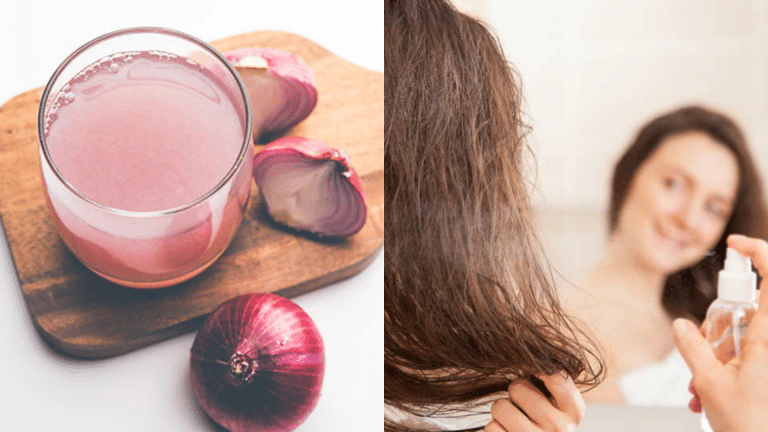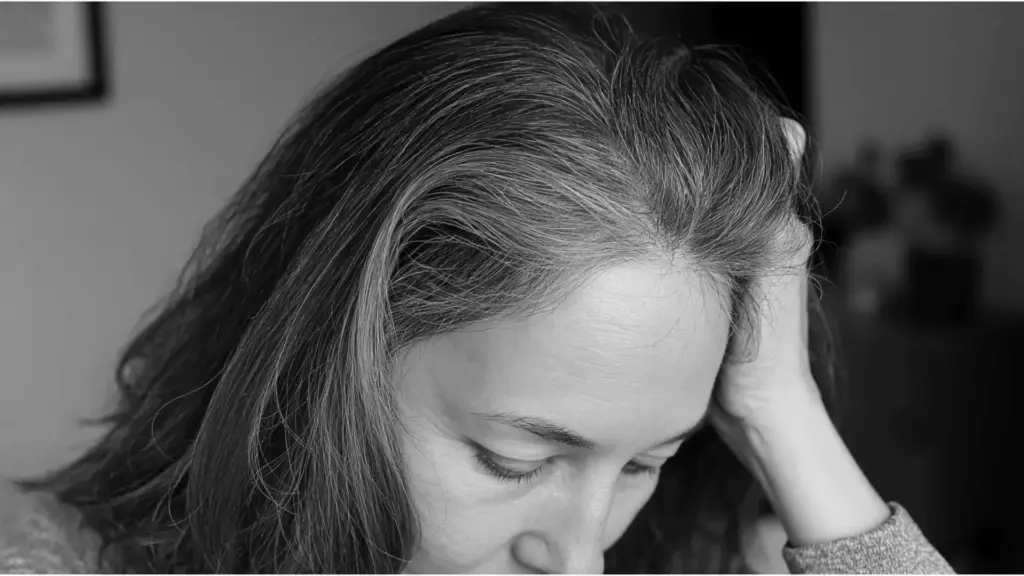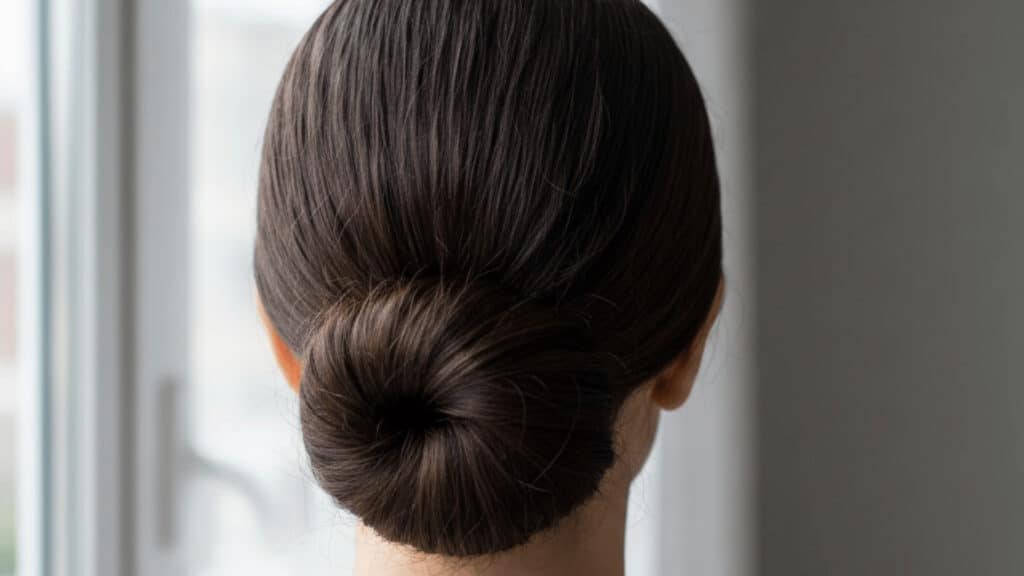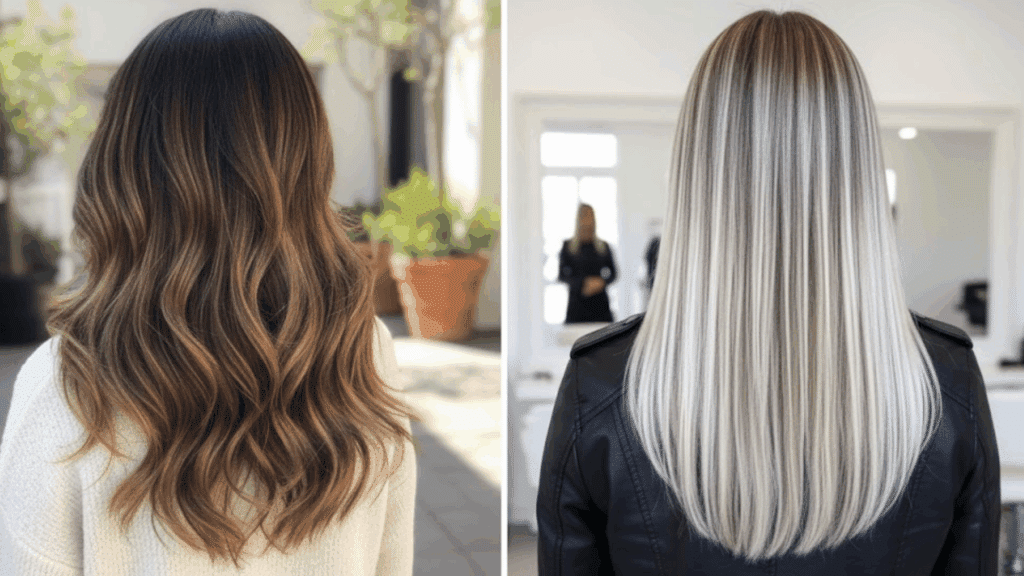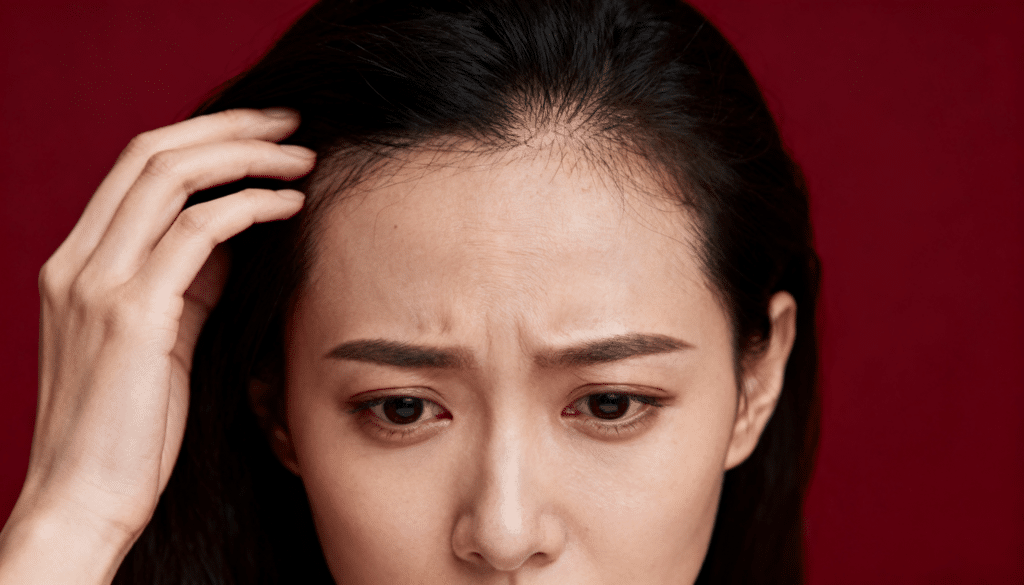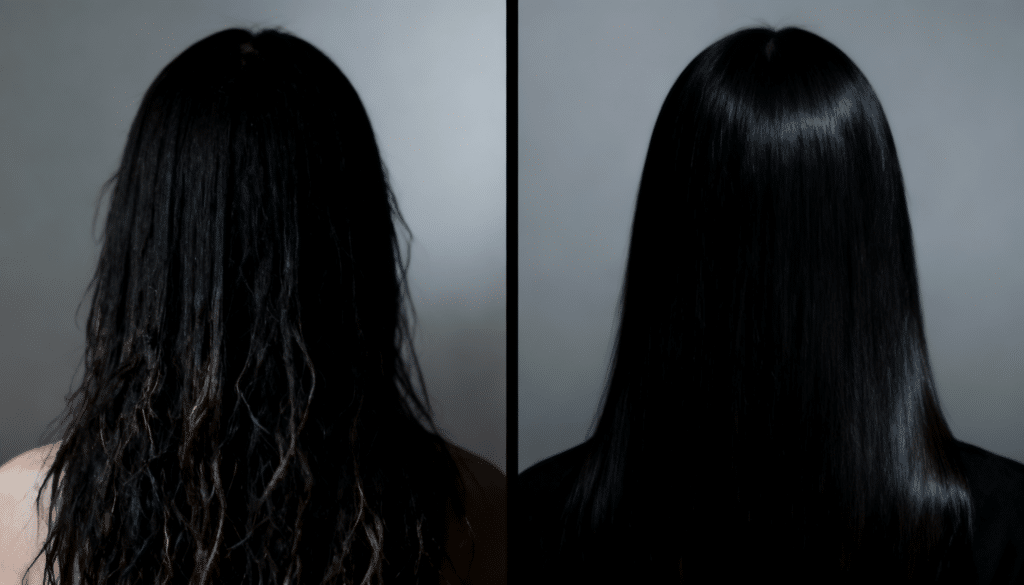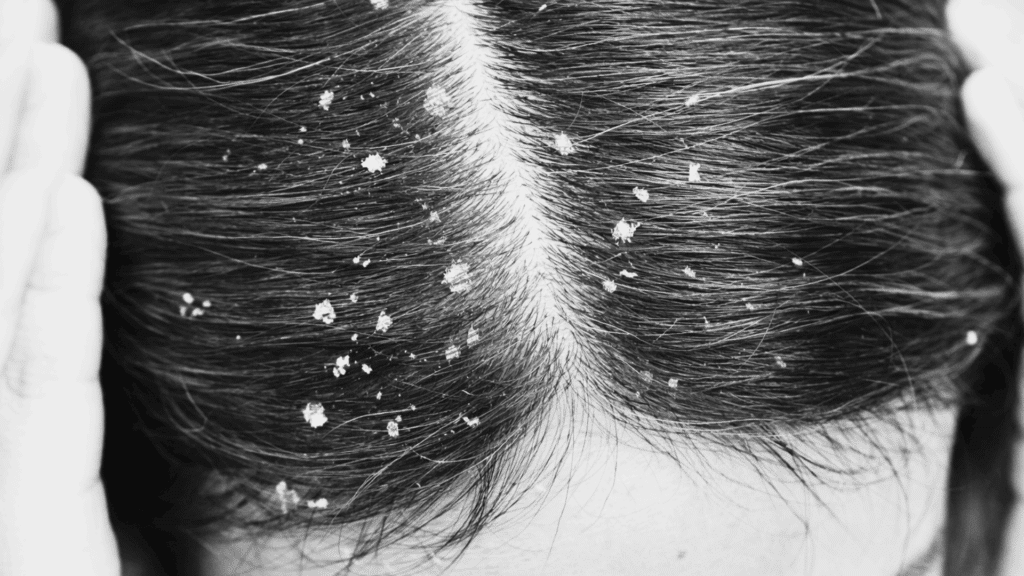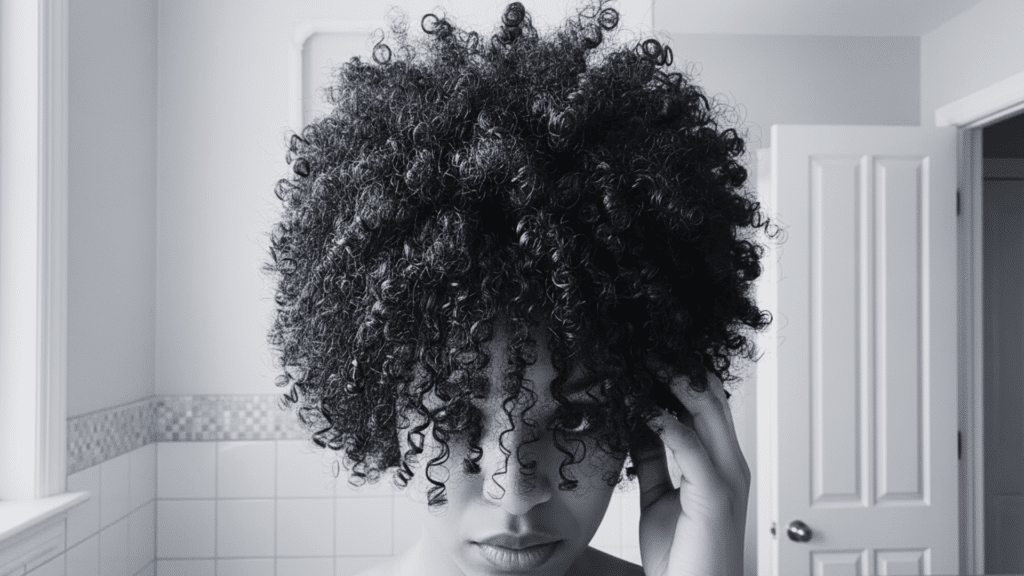Hair loss and thinning hair affect millions of people worldwide. Many turn to natural remedies like onion juice for help. Social media is full of success stories about onion juice treatments.
But what about the downsides? This blog will show you both the benefits and side effects of onion juice on hair.
You’ll also learn about the potential side effects of onion juice and honey.
We’ll cover the science behind onion juice for hair growth, real advantages you can expect, and important side effects to watch for. By the end, you’ll know if onion juice is right for your hair care routine.
Is Onion Juice Worth Trying?
The answer depends on your specific hair situation and scalp health. Not everyone is a good candidate for onion juice treatments.
Who Might Consider It
- People with mild hair shedding are seeking a simple, affordable DIY remedy.
- Those looking for a low-cost, natural solution for hair shine or slight thickening.
- Individuals with a non-sensitive scalp and no history of allergies to onions (allium family).
Advantages of Onion Juice on Hair
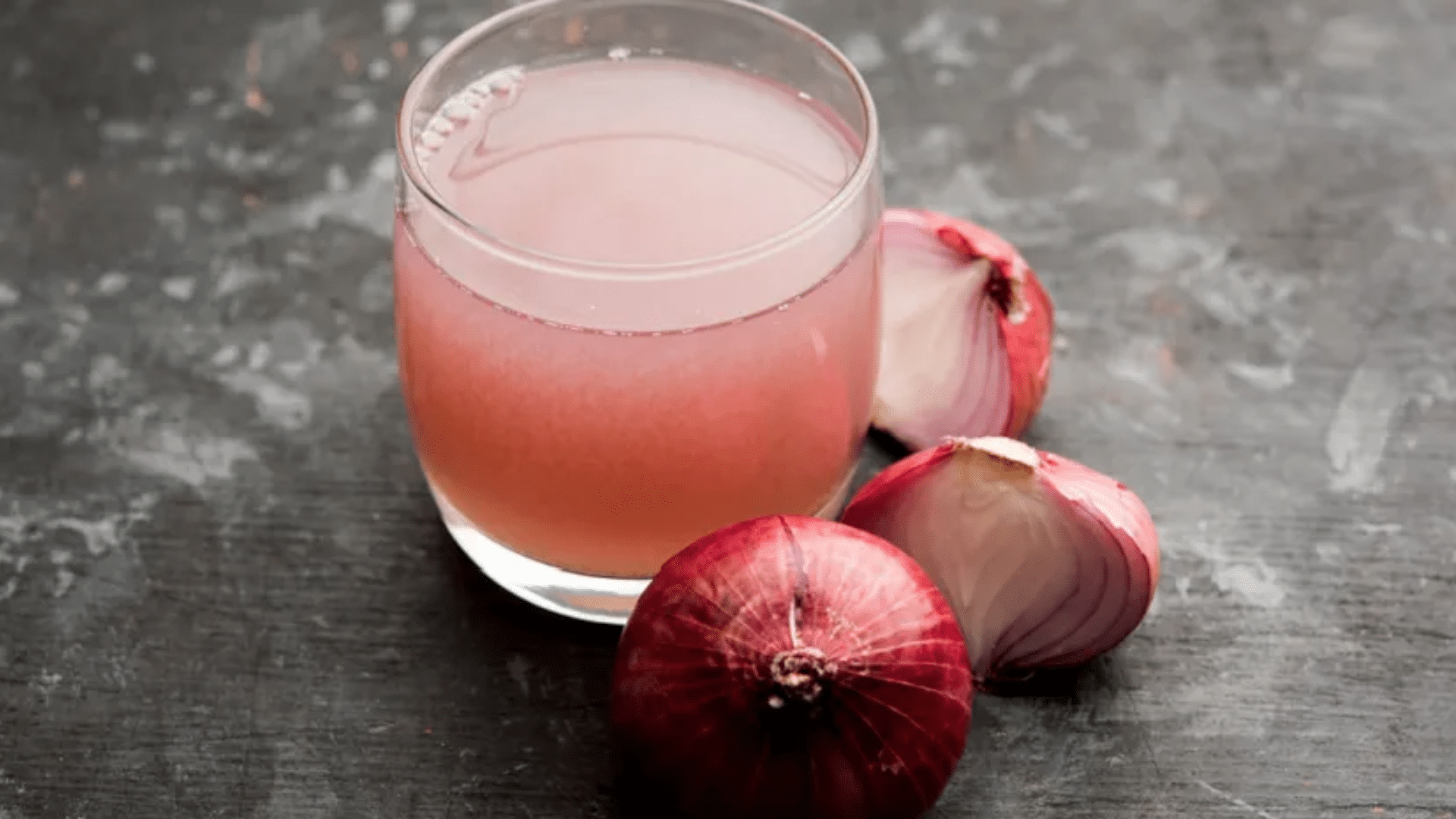
Onion juice offers several realistic benefits for your hair and scalp. Most people see cosmetic improvements rather than dramatic hair regrowth.
Here’s what you can reasonably expect from regular use.
- Improved Hair Shine and Smoothness: Onion juice smooths the hair cuticle, which helps reflect light better. Many users notice less frizz, especially in humid weather.
- Cleaner, Fresher Scalp Feel: The natural cleansing properties leave your scalp feeling clean and refreshed. Some people find their hair stays cleaner longer between washes. The antimicrobial effects may also reduce mild scalp odor.
- Better Oil Balance: If you have oily hair, onion juice might help control excess sebum production. Your scalp may feel less greasy throughout the day. This benefit varies widely from person to person.
- Support for Early Hair Shedding: The sulfur compounds may strengthen existing hair and reduce breakage. People who catch hair loss early often see the most improvement.
- Reduced Scalp Irritation: Those with mildly irritated scalps sometimes find relief from onion juice treatments. The anti-inflammatory compounds may calm minor scalp issues.
- Limited Help for Advanced Loss: Don’t expect miracles if you have large bald patches or scarred follicles. Onion juice rarely helps with established pattern baldness or areas where hair hasn’t grown for a year.
Potential Side Effects of Onion Juice on Hair

Onion juice isn’t harmless, and some side effects can be quite serious. Here’s what you need to watch out for before trying it.
Scalp Irritation
The most common problem is burning, redness, and intense itching. Your scalp might feel like it’s on fire, especially with undiluted juice. Some people develop contact dermatitis with red, swollen, blistered skin that takes weeks to heal.
Eye Problems
Onion juice can cause severe eye irritation during application. Your eyes might water uncontrollably, burn, or become red and swollen. Even small amounts dripping from your hairline can cause intense discomfort.
Lingering Smell
The odor can stick in your hair for days, even after washing. It transfers to pillowcases and clothing. Hot weather often reactivates the smell hours after you think it’s gone.
Build-up Issues
Poor rinsing makes hair greasy and heavy. This can clog follicles and lead to folliculitis – infected bumps that need medical treatment.
Dangerous Combinations
Never mix onion juice with minoxidil, tretinoin, or chemical exfoliants. This often causes chemical burns. The side effects of onion juice and honey can be worse, too, as honey traps irritating compounds against your scalp longer.
Can Onion Juice Truly Help Hair Regrow?
Onion juice has some scientific evidence supporting its potential to help hair regrow, particularly in cases of patchy, non-scarring hair loss like alopecia areata.
The most cited study, a small clinical trial from 2002, showed that about 87% of participants using onion juice twice daily experienced visible hair regrowth within 4 to 6 weeks, compared to only 13% in a control group using tap water.
However, the science is mixed and limited. The positive results are mostly in small, early studies focused on patchy hair loss, and not on more common or chronic hair thinning, like androgenetic alopecia (pattern baldness).
For these broader hair loss conditions, evidence is anecdotal or lacking, and onion juice should not be seen as a cure or guaranteed solution.
How to Use Onion Juice for Healthy Hair
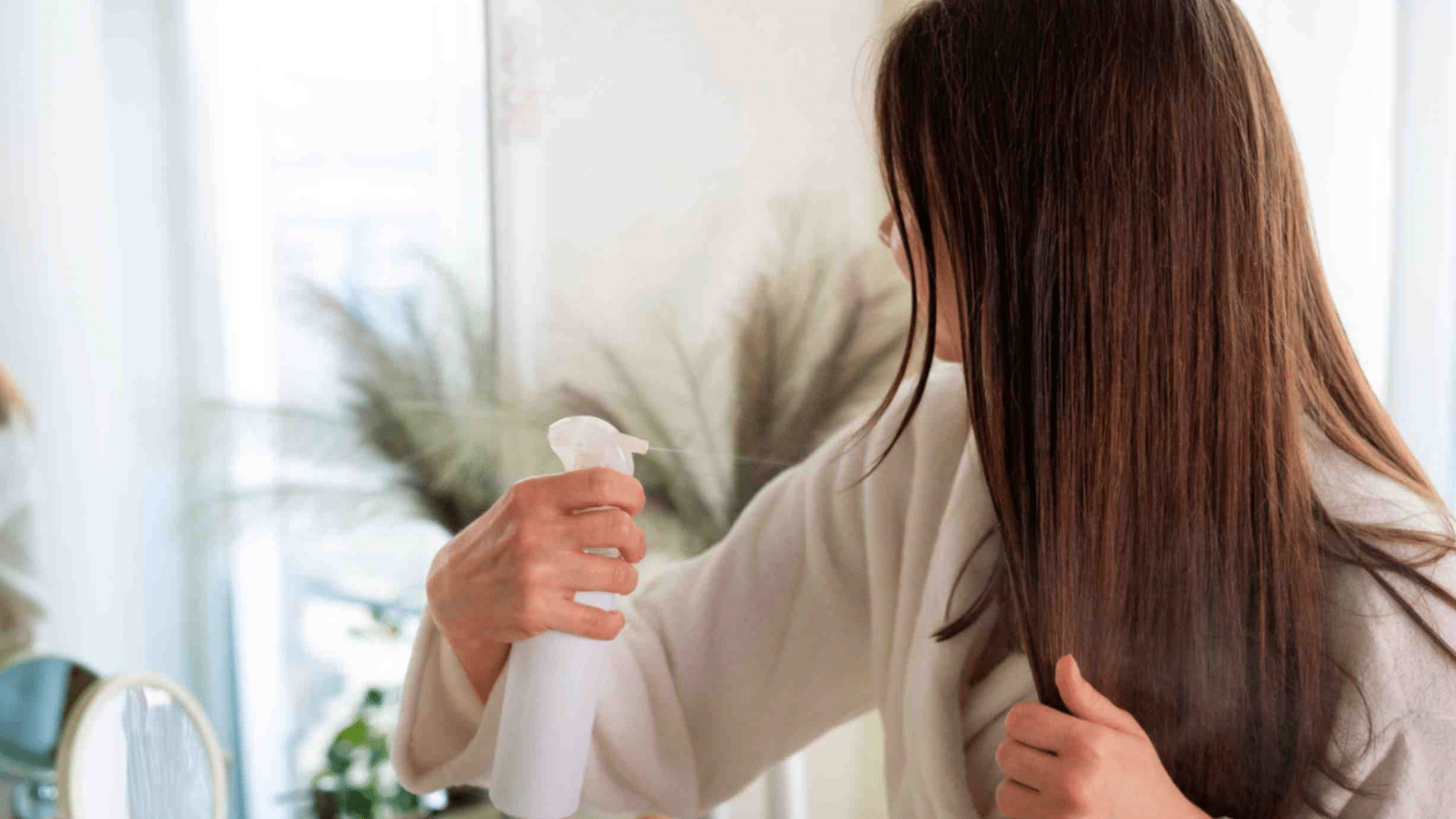
To use onion water/juice for hair safely, focus on preparation methods, proper dilution, correct application, optimal frequency, and good storage practices to minimize risks and maximize cosmetic benefits.
1. Preparation Options
- Fresh Onion Juice: Chop and blend/red onions, then strain through cheesecloth or a fine strainer.
- Quick “Onion Water” Infusion: Soak finely chopped onion or peel in water (room temperature or lightly heated) for a few hours, then strain.
- Store-Bought Extracts: Pre-made onion hair oils or serums.
2. Dilution Guide
Mix 1 part onion juice with 2 parts water for a gentler introduction, especially if you’re new or have a mildly sensitive scalp.
If no irritation occurs, you may try a 1:1 ratio or blend with aloe vera, honey, or light oils (coconut/olive) for additional comfort.
3. Application
to apply onion juice for maximum application
- Start with a clean, dry scalp.
- Use a cotton ball, dropper, or spray bottle to apply diluted juice, focusing on the scalp/roots.
- Massage gently for 5–10 minutes to aid absorption and boost circulation.
- Contact Time: Leave on for 10–20 minutes to start; maximum 30 minutes for most, especially with stronger mixtures. Longer contact time increases irritation risk.
- Rinse thoroughly and follow with a light shampoo to remove residual odor and juice.
- Avoid if you have broken skin, infection, or visible irritation.
4. Frequency
Start with 1–2 times per week. Avoid daily use, as frequent application raises the likelihood of buildup and scalp sensitivity.
If well tolerated after a few weeks, you may increase to 2–3 times weekly, but more is not proven to be more effective.
5. Storage & Hygiene
| Step | Guideline | Reason/Notes |
|---|---|---|
| Batch Size | Prepare only small batches (enough for 1–2 days’ use) | Onion juice spoils quickly; it prevents waste and the risk of using a spoiled mixture. |
| Refrigeration | Refrigerate immediately after making | Slows bacterial growth and preserves potency. |
| Use Timeframe | Use within 48 hours | Minimizes the chance of spoilage and scalp irritation. |
| Signs to Discard | Throw away if odor changes, color shifts, or texture becomes slimy | These indicate microbial growth or decomposition. |
| Hygiene | Always use clean containers and applicators | Prevents contamination that could cause scalp irritation or infection. |
Who Should Skip It and the Alternatives to Onion Juice
Onion juice isn’t suitable for everyone, and some people face higher risks than benefits. Certain scalp conditions and sensitivities make onion treatments potentially harmful rather than helpful.
Who Should Skip It
- People with eczema, psoriasis, or other sensitive scalp conditions (including active scalp infections).
- Anyone with a very sensitive scalp who tends to react strongly to topical treatments.
- Those with a known allergy to alliums (onions, garlic, etc.).
Alternatives to Onion Juice for Hair Health
If onion juice doesn’t work for you or causes too much irritation, several other natural options exist. These alternatives often provide similar benefits with fewer side effects and better tolerability for sensitive scalps.
Rosemary Oil Rosemary oil has strong scientific backing for hair growth. Studies show it works as well as minoxidil for some people. Mix a few drops with a carrier oil like coconut or jojoba oil. It smells much better than onions and causes fewer reactions.
Peppermint Oil Research suggests peppermint oil can stimulate hair follicles and improve growth. It creates a cooling sensation that many people find pleasant. Always dilute it properly since pure peppermint oil can burn your scalp.
Green Tea Rinses Cooled green tea makes an excellent hair rinse. The antioxidants may block hormones that contribute to hair loss. It’s gentle, affordable, and leaves hair shiny. Plus, it smells neutral.
Aloe Vera Gel Pure aloe vera soothes irritated scalps and adds moisture without greasiness. It’s particularly helpful if you have dandruff or dry scalp conditions. Most people tolerate it well.
Castor Oil Rich in ricinoleic acid, castor oil may help with hair thickness and scalp health. It’s heavier than other oils, so use it sparingly. Many people see improved hair texture with weekly treatments.
Tips to Minimize Side Effects of Onion Juice on Hair
Smart preparation can prevent most onion juice problems. These simple steps help you use it safely while reducing your risk of serious irritation.
- Always Patch Test: Apply a small amount behind your ear and wait 24-48 hours. If you have any reaction, don’t use it on your scalp.
- Start Diluted: Begin with 1 part juice to 3 parts water. Only strengthen if your scalp tolerates the weak mixture well.
- Keep It Short: Limit contact to 10-15 minutes maximum. Set a timer and never apply to broken or irritated skin.
- Rinse with Cool Water: Use cool water first, then gentle shampoo. Hot water increases irritation and locks in the smell.
- Space Out Treatments: Wait 24 hours between onion juice and other active scalp products like minoxidil or dandruff shampoos.
The Bottom Line
Onion juice offers real benefits for some people, but it’s not a miracle cure for hair loss. You might see improved shine, reduced shedding, and better scalp health with consistent use.
However, the side effects of onion juice on hair are genuine concerns that shouldn’t be ignored.
Success depends on your hair type, scalp sensitivity, and realistic expectations. Most people get cosmetic improvements rather than dramatic regrowth. If you decide to try it, start slowly with diluted mixtures and always patch test first.
Proven treatments like minoxidil have stronger scientific backing for serious hair loss. Onion juice works best as a gentle, natural addition to your routine, not a replacement for medical treatments when needed.



